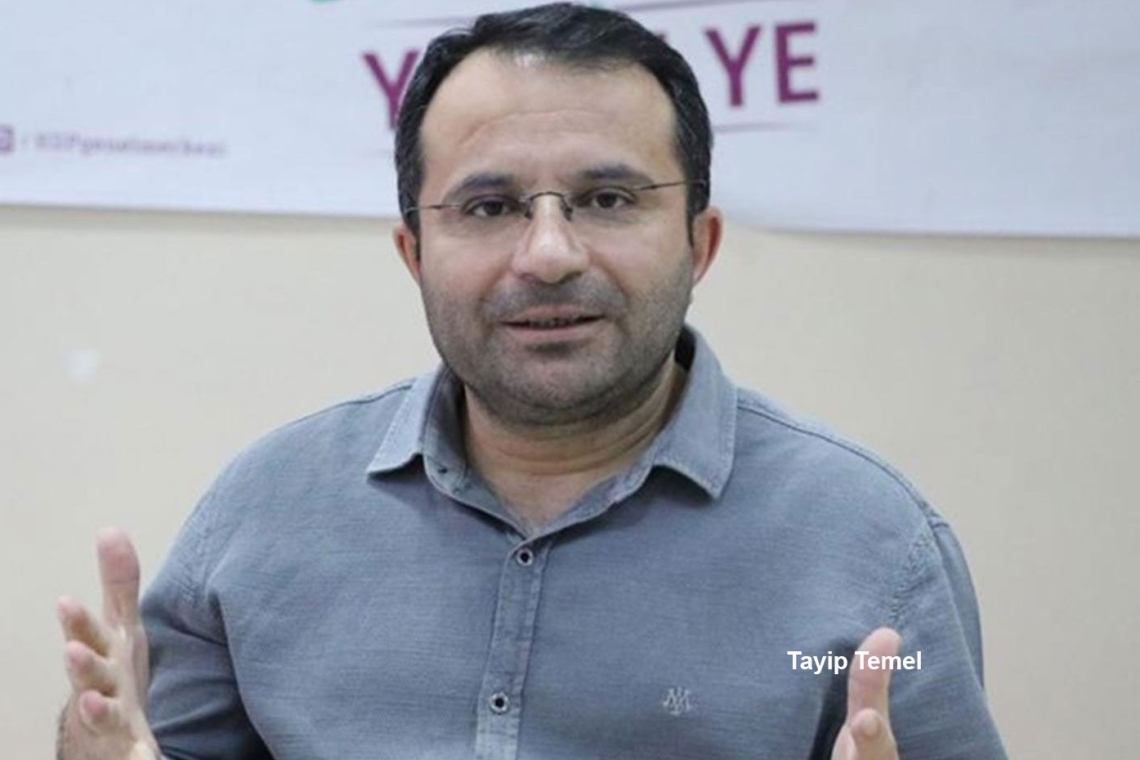In Diyarbakır, Turkey, the trial of Tayip Temel, former Deputy Co-Chair of the Equality and Democracy Party (DEM Party) and other 37 defendants has been postponed to January 14, 2025, due to unresolved issues in the case file. This delay marks yet another extension in what is known as the "Main KCK Case," in which Temel and others are accused of having ties to the Kurdistan Communities Union (KCK) press committee during his tenure as the editor-in-chief of the Kurdish newspaper Azadiya Welat.
The 11th session of the trial saw discussions primarily around procedural matters, including requests from defendants to lift freezes on their assets and bank accounts imposed as part of the legal proceedings. The court agreed to remove the asset freezes for two of the defendants but ordered the continuation of an arrest warrant against Heval Erdemli, another individual implicated following the reversal of a previous ruling by the Court of Cassation.
The backdrop to this trial includes a series of operations against alleged KCK activities in Diyarbakır dating back to October 8, 2011, which led to Temel's arrest. The charges against him, framed around "founding and leading an organization," were initially heard in a now-defunct Special Authority Court and later merged with the broader "Main KCK Case" at the Diyarbakır 6th High Criminal Court.
During his tenure as editor, Temel's journalistic activities, such as participating in broadcasts on Roj TV, a Europe-based channel, attempting to garner subscriptions for Azadiya Welat and the Dicle News Agency (DİHA), and organizing the distribution of Azadiya Welat in the Turkish Parliament were cited as evidence against him. These activities were interpreted by prosecutors as supporting KCK, an organization Turkey considers terrorist but which claims to represent Kurdish political and cultural rights.
After nearly three years in detention, Temel was released on July 1, 2014, but the case has seen numerous delays since then, reflecting ongoing tensions over the Kurdish issue in Turkey and the complex relationship between national security and freedom of the press. The trial's continuation into 2025 underscores the protracted nature of legal battles involving Kurdish politicians and journalists in Turkey.



